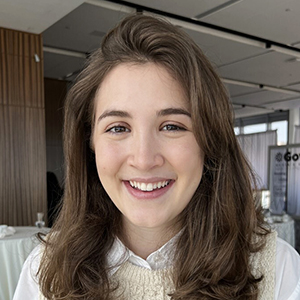How Emerging Tech is Improving Veteran Health Care, Access
VA is collaborating with industry partners to develop innovative health care solutions and innovations.
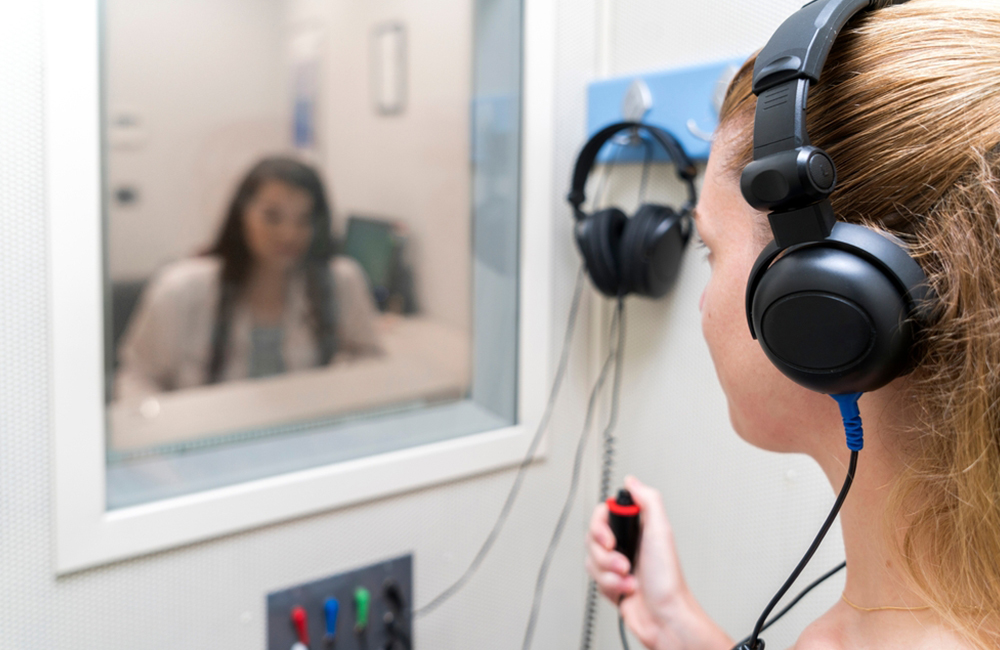
Artificial intelligence is the “next frontier” of health care, according to AI Chief Gil Alterovitz at the Department of Veterans Affairs.
The agency is increasingly looking to the technology to support administrative work by reducing manual processes and to support health care delivery such as with clinical decision-making. But getting there requires a holistic approach to policy.
“The next frontier in health IT is going to entail human and AI interactions,” Alterovitz said at an ATARC event July 13. “As we look forward toward that new frontier, we’ve been developing and piloting at the VA is this framework for ensuring trustworthy AI.”
The agency is currently working on an inventory list for AI use cases he plans to release within the next month, Alterovitz said.
This list underpins one part of a four-part AI strategy released one year ago — use existing AI to improve outcomes and experiences for veterans. The other three include increasing AI capacities, increasing stakeholder trust in AI and building on VA partnerships to advance AI.
“There are new possibilities [AI] is going to open for health IT, where AI may have its own ideas that come up, and we’ll engage the people we’re talking with,” Alterovitz said.
Industry organizations like QTC Management are working on some of these technologies in cases like preparing medical records and improving search.
“We use natural language processing (NLP), AI and machine learning (ML) to help prepare medical records for our providers that are doing our exams. We process close to 5 million pages every day,” Larry Schaefer, QTC Management’s CEO, told GovCIO Media & Research. “We also use the same types of technologies to search medical records for recent diagnostic tests, so we don’t have to put the veterans through a repeat of a recent diagnostic tests.”
QTC is working on various programs within its parent company, Leidos, to build trusted and ethical AI solutions to encourage AI adoption. The team is shaping trusted AI components through a human-centered AI approach in direct collaboration with the system owners who own the technology, users who use the technology, and the public who is impacted by our technology. One of the programs is “Analysis, Assistance, Augmentation and Automation,” or “4A,” which controls the level of AI and human governance when applied to the use case.
“It’s really a sort of a lifecycle of AI implementation,” Schaefer said. “In that methodology, Leidos also developed a technology approach or platform called Framework for AI Resilience and Security (FAIRS),” Schaefer said. “[Leidos] embeds a process to interpret AI decisions and identify vulnerabilities in the end-to-end system.”
QTC’s goal with integrating emerging technology into VA health care is to deliver its services without forcing veterans to travel great distances. To that end, the organization embarked on a path for mobile medical services, which became even more critical following the onset of the COVID-19 pandemic.
The organization designed and built mobile medical clinics that were specifically created for veteran exams. Schaefer noted that QTC can perform about 97% of all the exams the organization historically had to do for veterans in these mobile medical clinics. QTC is also leveraging “per-diem” clinics to access underserved veterans. QTC is currently on its fourth generation of mobile clinics, and it now features new technology that helps clinicians navigate through austere, remote environments.
“Basically, we’re renting medical space in an underserved location, and we built a logistics capability to ship in all the equipment and travel in a provider to perform exams in that location to help serve the veterans in those underserved areas. With our mobile medical clinics that are driving around the country and our pop-up clinics, we receive about 50,000 veterans every year through those tools,” Schaefer said.
QTC’s boothless audio exams are one of the larger, more recent innovations that are improving veteran health care and access.
“About four or five years ago, we embarked on a plan to improve the service delivery of hearing exams to veterans in rural locations.” Schaefer said. “The previous requirement for doing those exams required doing it inside of a soundproof audio booth. The lightest soundproof audio booth that met the requirements weighed 850 pounds, so it’s just not mobile.”
QTC and its partners developed sophisticated headphones that met the specific VA requirements, conducted multiple clinical trials and concluded that the efficacy of the headphones was equivalent a soundproof audio exam — a major milestone for increasing access to health care for veterans.
“Just in the last few weeks we were able to perform a hearing exam for a 97-year-old World War II veteran that’s housebound,” Schaefer said. “We took our headphones into his home with an audiologist, and they were able to perform his hearing exam right out of his home.”
Moving forward, QTC sees other applications for its solutions in federal government.
“We’re looking to figure out how do we expand our fleet, expand our processes, optimize them to start delivering better services to our customers,” Schaefer said. “We want to take [our solutions] to wherever they’re at and deliver those services.”
This is a carousel with manually rotating slides. Use Next and Previous buttons to navigate or jump to a slide with the slide dots
-
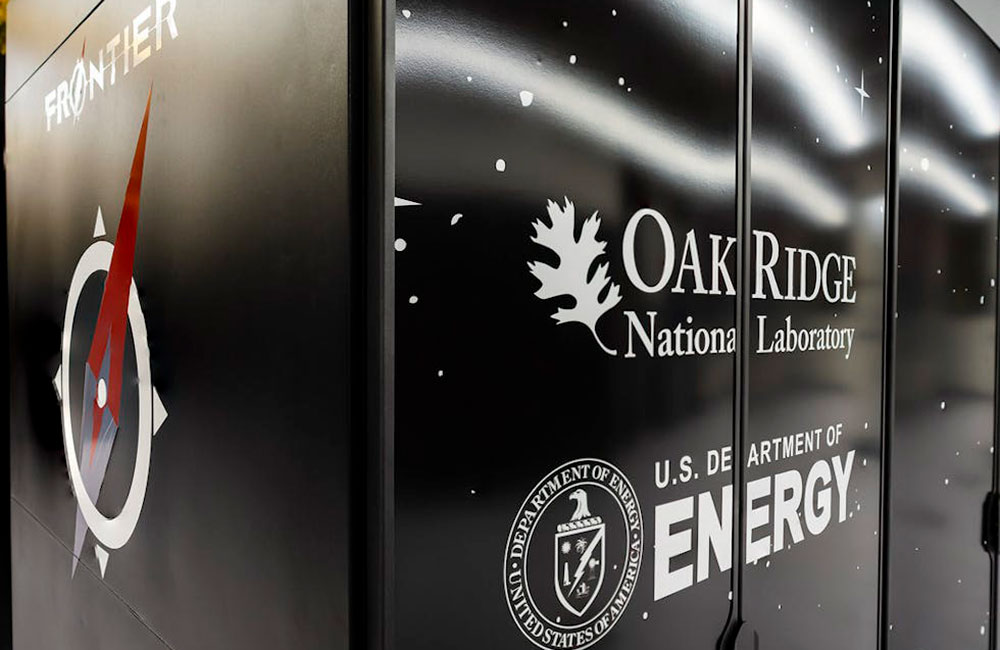
Energy Researchers Aim For Holistic Approach to AI Issues
A new center at the Oak Ridge National Laboratory is looking at under-researched areas of AI to better understand how to secure it.
2m read -
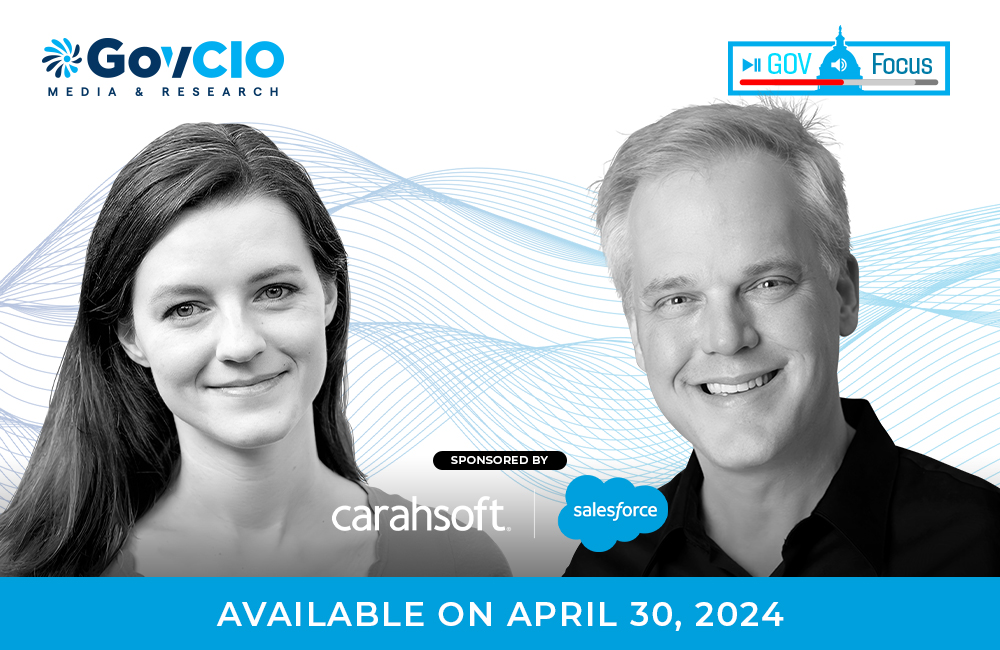
5 Predictions for AI in Government Technology
Federal agencies are setting plans in motion not only integrate artificial intelligence into their enterprises, but also ensuring the data and algorithms that power these systems are fair and ethical.
David Egts, field CTO for MuleSoft Global Public Sector at Salesforce, breaks down the five predictions he has for AI in 2024. Egts highlights ways government leaders can prepare their agency and workforce to innovate for resilience, augment teams with AI and automate predictive AI to augment generative AI.
-

How Agencies are Upskilling the Workforce in AI
Federal officials are putting in place new training and education methods to ensure its overall workforce understands the technology.
3m read -
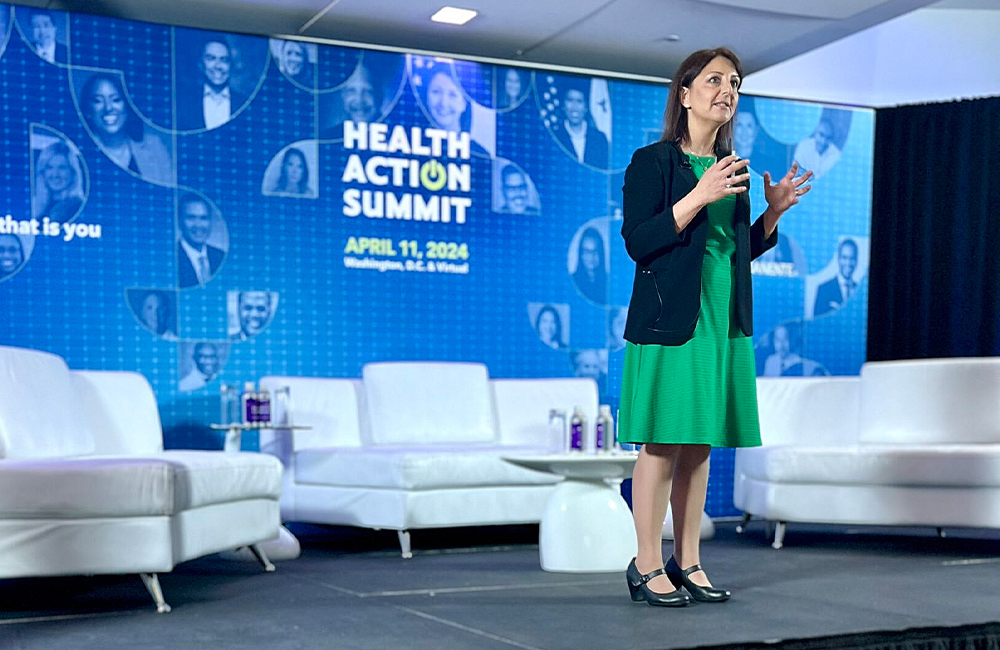
CDC Updates Public Health Data Strategy
Accelerating data sharing through capabilities like electronic case reporting make up a large portion of the new two-year plan.
3m read



